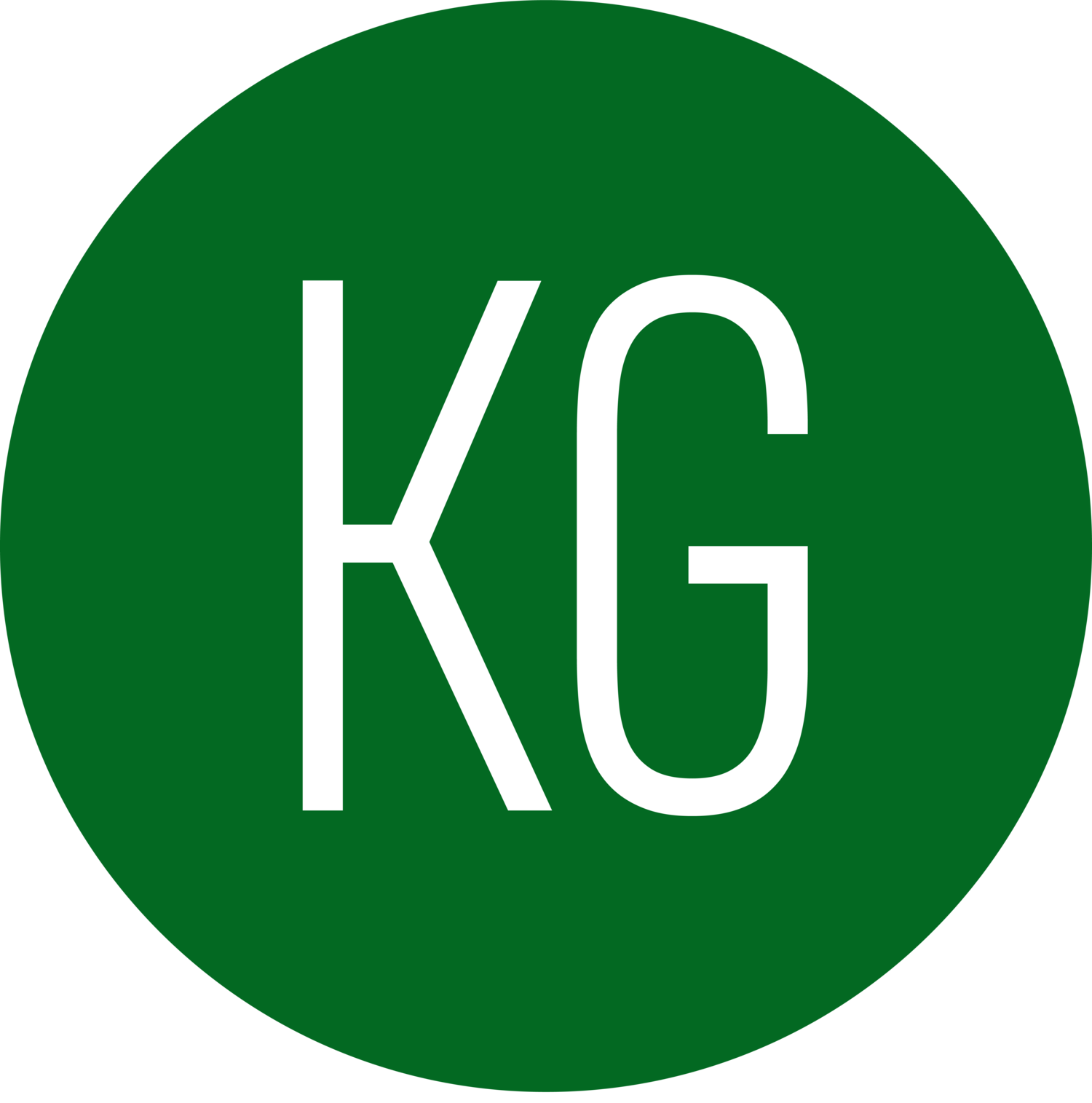5 Tips to “Unfollow” Diet Culture & Disordered Eating
What is diet culture?
Diet culture changes and adapts to social trends. It is ingrained in social media and pop culture, and finds a sneaky way of scamming us into thinking it is nutritional science. Diet culture could look like Khloe Kardashian selling Fit Teas on Instagram; it could look like your doctor pushing Keto as a metabolic cure-all; it could look like a fitness instructor yelling that you need to “earn your cheat meal”. Even in your “skinny” mocha latte— it’s hard to escape, because it’s everywhere!
What does it mean to be anti-diet?
Being anti-diet does not mean anti-thin, anti-exercise, or anti-wellness. Anti-diet, simply put, means not endorsing the act or message of weight loss in conjunction with promoting body shame. If you love exercise, that’s fantastic. If you feel good taking vitamins or eating veggies, that’s great too! But the important message here is the intention behind your choices. Anti-diet stands behind the message that profiting off of people’s insecurities is wrong and unethical. Diet culture promotes negative self-worth, poor body image, and disordered eating— and I am not subscribing to it.
How has diet culture and social media influenced eating disorders?
Well, of course, the never ending glorification of the thin body, to start. This much we know, and see, through media and their promotion of the thin body as “ideal beauty”. Diet culture through social media preys on insecurity. The shame, guilt, lack of safety and stability, or pain that we carry, become externalized by how we treat our bodies through food and exercise—and diet culture preys on this.
It has become trendy to do intermittent fasting, or to drink “skinny shakes”, or to push your body to the limits physically at the gym because it looks good on the ‘gram. But does any of this feel good? We are so consumed with what the world around us is doing or how they see us, but we forget to check-in with our own bodies and figure out what, and how, we actually feel.
Important reminders: Diet companies and celebrities promoting diet products are profiting off of you. I doubt they even really believe the message they are promoting themselves. Take for example new diet companies who promote “psychology” and “individual wellness plans”; regardless of your body size, weight, age, or medical history— their online system will promote caloric intakes well below any level that a (educated or ethical) doctor & dietitian would ever recommend. Even diet programs that promote the rigid tracking of calories, sugars, or carbs create a space for over-control and obsession— the very qualities that keep our eating disorders existing.
There is a lot of really important body-positive and fat-positive work being done in the community, to give space to every-body— however diet companies are counter-acting this. They promote the need to change your body, regardless of individual size or experience. The key to eating disorder recovery is finding acceptance, through trust and safety within your own body, instead of looking externally to change it.
How is recovery and body acceptance possible?
This can feel really tough—especially if you’re part of fitness or social media influenced communities. This involves looking internally and exploring safety within your self.
This could look like daily check-ins with your body, around what feels good and how you intend to move/eat that benefits you the most (again, internally, not externally). Push yourself to be curious—why are you feeling anxious before/after a workout? Why are you afraid of eating sugary or carb-dense foods? What is your body craving, without the influence of weight loss?
Challenge your beliefs and ideas about food and body ideals. Why do you view some foods as “good”, or some as “bad”? How did you learn about food and your body growing up, and who influenced that? Where are you learning about nutritional or fitness science, and how is that influencer/professional obtaining their information? Much like the political world, fake news exists on every platform. Be critical.
Remove yourself from toxic spaces—people who are overly critical of your, or their own, body; social media accounts that promote thin-only bodies, weight loss, or dieting; or even conversations at work that involve diet-talk. There’s a TON of wonderful social media accounts, promoting body autonomy, self-acceptance, and body positivity. These can be really helpful in the day-to-day struggle with body image.
Work through the discomforts of engaging in non-disordered eating/behaviour patterns. Simply put, this could mean pushing yourself to eat breakfast. It could mean having multiple meals a day, including snacks, without calorie-counting. This could mean throwing out your scale. This could mean limiting (or stopping) yourself from mirror use and body-checking. This could mean taking days, weeks, or months, off from the gym, if fitness is bringing you anxiety.
Find activities that honour your body and strengths. This could be non-movement related! Again, listening to body cues is KEY. Whatever brings you joy and excitement.
Sometimes disordered eating is comforting (this is 100% normal as you begin your recovery journey), and allowing ourselves to eat freely or rest is terrifying. It is okay if you feel this way, I see you, and I am here to tell you that going outside of this comfort zone will give you sustainable happiness— free from food control, weight obsession, and all other barriers that food restriction creates in our relationships and everyday lives. This is not an easy journey, and might seem impossible to do on your own. This is why aligning yourself with personal and professional support can be important for guidance and growth.
